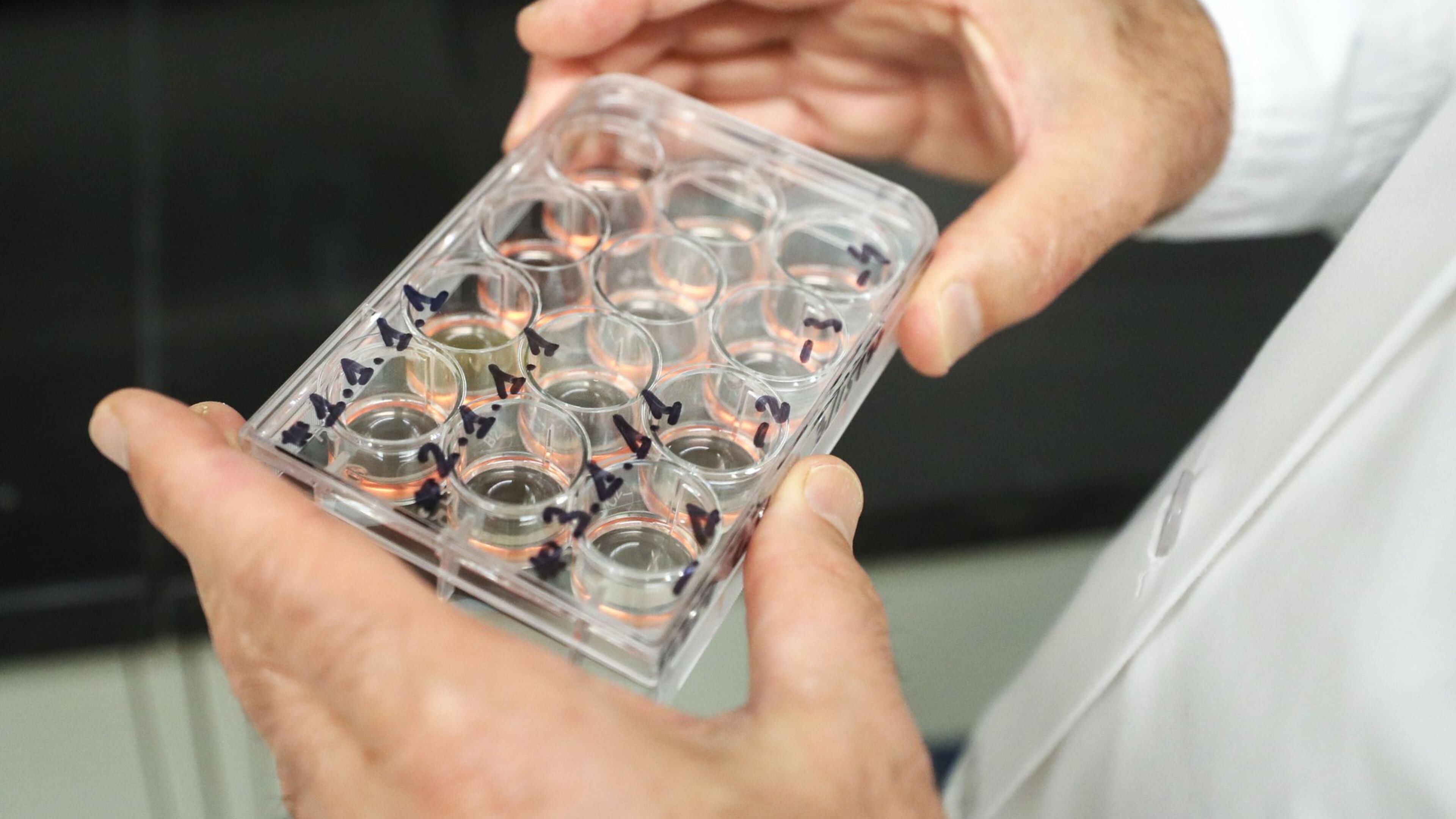OPINION: Ga.’s investment in university scientists is paying off

It can be hard to find silver linings in the clouds of COVID-19, but a few are evident. One of them is how Georgia’s research universities and the Georgia Research Alliance are stepping up in this crisis.
You might have seen news reports of a promising new drug developed at Emory (it’s now in human testing) or a University of Georgia lab that pivoted its flu research program to coronavirus. Along with Emory and UGA, Georgia Tech, Augusta University, Georgia State and others are developing new tests, inventing new protective equipment and repurposing their drug and vaccine enterprises to defeat COVID-19. Outside the lab, healthcare professionals at Morehouse School of Medicine, Mercer, Augusta and Emory are waging their own heroic battles.
The COVID-related discoveries emerging from our universities are significant. Any one of them could be a game-changing answer, and all of them are contributing to the fight. Together, they illustrate the remarkable rise of university research in our state – and why Georgia’s 30-year investment in our state’s scientists and infrastructure through the Georgia Research Alliance has proved to be a wise decision.
I’ve been fortunate to have viewed the growth of campus research from a unique vantage point. I spent my career in private-sector energy, but a side vocation has been serving as a GRA trustee. This 30-year-old public-private partnership exists simply to help our state’s university scientists do more. That begins with doing more research and extends to launching more companies around inventions.
The bedrock of university research, of course, is talent. Few people know that Georgia is home to a large cadre of university scientists who rank among the most accomplished in their fields. Some of these are GRA Eminent Scholars who were recruited here from other states.
That strategy has paid off mightily: A study a couple of years ago showed that the 72 Scholars and their teams make up 5% of the university research workforce in Georgia – but account for 25% of the R&D grants brought to the universities. In the last 18 years alone, more than $4 billion in research dollars have flowed to the labs of GRA Scholars, and Georgia is now poised to enter the top 10 in the U.S. in federal research funding (we’re currently 11th).
Investment in Georgia’s universities and their scientists pays off in other ways. Workforce development improves, since more funding means more people working inside labs, and at startup companies launched out of those labs. Georgia’s reputation is enriched, too. We now have legitimately world-class research enterprises in vaccines, complex carbohydrates, energy and other areas. And the explosion of entrepreneurship at our universities is a strong selling point in economic development.
But the biggest payoff may be ahead. That new Emory drug moved from lab to licensing through DRIVE, an Emory LLC that GRA backed. That renowned vaccine lab at UGA is run by Ted Ross, a GRA Eminent Scholar brought here from Florida. A dozen other examples of COVID-19 testing, therapeutics, equipment and vaccines – engineered by our state’s universities – are all possible because of years-ago foresight and investment.
Whether Georgia’s university scientists produce a key that helps unlock the mystery of COVID-19 is yet to be seen. But we can take great pride that they’re on the case.
David M. Ratcliffe is the retired CEO and chairman of Southern Company and is the current chair of the Georgia Research Alliance.


